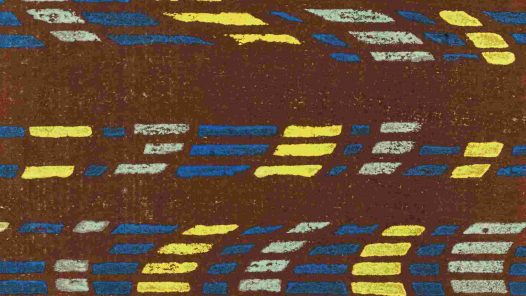The phrase I reckon meaning I suppose is marked in the United States as rural, rustic or uneducated. The term is centuries old, however, and used widely in the United Kingdom. This is part of a complete episode.
The English language includes several words deriving from Arabic, such as coffee, sugar, and giraffe. Another is ghoul, which comes from an Arabic term for a “shapeshifting demon.” This is part of a complete episode.
A woman in Monticello, Florida, is bothered by the phrase “on tomorrow,” and feels that the word on is redundant. However, this construction is a dialect feature, not a grammatical mistake. It has roots in the United Kingdom and probably...
Sitting on the floor Indian style with one’s legs crossed is a reference to Native Americans’ habit of sitting that way, a practice recorded as far back as the journals of French traders. Increasingly, though, the expression is being...
English rhyming slang had a short run of popularity in the western U.S., thanks in part to Australians who brought it over (and then, again, thanks to a scene in Ocean’s Eleven). But even in the U.K., it’s now mostly defunct. This is part of a...
Is hiya a legitimate way to say hello? Sure. The Dictionary of American Regional English has citations for this greeting going back to 1914, but it’s heard both in the United States and the United Kingdom. This is part of a complete episode.







